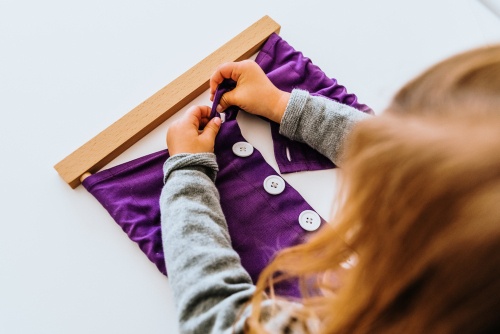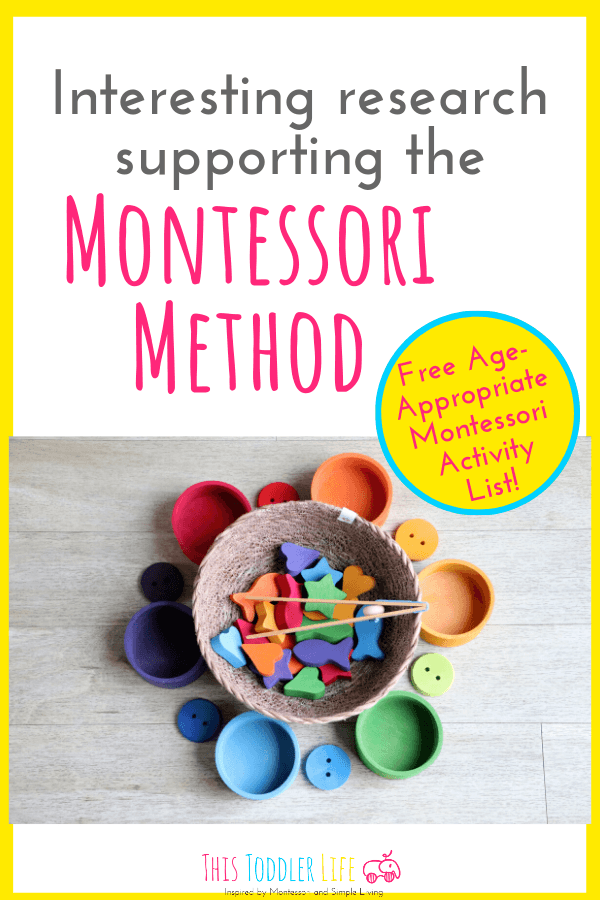- Home /
- Blog /
- MONTESSORI /
- INTERESTING RESEARCH SUPPORTING THE MONTESSORI METHOD
xxx videos
massive brown wiener for foxy sweety rilynn rae.xxxvideos
INTERESTING RESEARCH SUPPORTING THE MONTESSORI METHOD

It’s good to know that so much research has been done to find out the reason why the Montessori method of educational interaction is so successful.
What is Montessori all about?
Why is Montessori the most widespread teaching + learning method being used by well-informed teachers and parents?
If these questions are what brought you to this blog post, then stick around. All the answers are provided for you right here.
How Mainstream Teaching Methods See Your Child
Institutionalized educational practices see your child as this:

Photo by Danilo Batista on Unsplash
And the Montessori method of teaching sees your child like this:

Photo by Melanie Magdalena on Unsplash
This might be a very simplistic way of looking at it, but researchers have spent many years discovering why children who have had Montessori-based interactions outshine their peers who went without it.
The Montessori method focuses on a child’s personal development. This is a direct contrast to institutional education that claims only continual exposure to tests and examination is the way to produce creative, mature, and socially adept kids. The institutions have been proven wrong by scientists.
More About the Montessori Method Case Studies
When most parents are asked what they know about the Montessori method of teaching and parenting, the answer is frequently “Isn’t it when kids have to pick up their toys after playing with them, and put them away?” – Yes, that is a little part of this method, but there’s so much more to it than that!
One word that you will read a lot when it comes to Montessori information is: Pedagogue. This is a Greek-based word that simply means a certain practice or method of teaching.
Montessori schooling has been subjected to really strict testing over the years. In the U.S., psychologists found the kids at Montessori schools had a range of abilities that totally out-performed the children doing traditional education.
Here are their findings in more detail:
- 5-year-old children at Montessori schools were better prepared for maths and reading.
- 12-year-olds wrote using more sophisticated sentence structure and significantly better, more creative essays.
- Big differences were seen in social interaction skills and behavior.
- Montessori kids showed a greater sense of fairness and justice.
- Their interactions were emotionally positive.
- They were far less likely to engage in rough play and bullying.
The Reason Why the Case Study Showed Montessori is Better
Montessori methods discourage old-school competitive measurements of achievement. These traditional ways of success being gauged by continual grading and testing are outdated. Instead, children are encouraged to learn on every level by focusing on their progress and development as an individual.
Now you can see why the image of solo balloons preparing to soar ever higher is such a good representation of Montessori teaching!
The research on the success of the Montessori method was published in the Science Journal. At the end of one year of Montessori teaching, children aged 3 to 12 years old were tested on three things: Social skills, academic abilities, and mental agility.
The tests and study were co-conducted by Angeline Lillard (UVA). She reported the findings indicated Montessori students held significant advantages over their traditionally schooled counterparts.

What You Will Find the Most Interesting About the Montessori Case Studies
The study results showed Montessori schooled children were not only better at basic Reading, Writing, and Arithmetic, but they scored high on something called Executive Function (EF). This is when the child is able to adapt to complex or constantly evolving problems. High EF scores are recognized all over the world as an indicator of success in the future with higher education facilities and careers.
Even though the Montessori children had never been exposed to exams and tests before, they did just as well in examination conditions as the kids who had tests and exams form the main basis of their education.
Studies showed that even though Montessori kids had never sat a grammar, punctuation, or spelling exam before when they did these exams, their results were as good as children schooled using conventional methods. With Maths, Reading, and Writing, Montessori children’s exam results were better.
The Benefits of Using the Montessori Method
The main benefit of using Montessori is that the method is so adaptable. Montessori learning can be done at home as a supplement to conventional schooling. It can also be used as the only method of learning for the child. As the case study shows, a child who has been taught using the Montessori method can adapt perfectly to mainstream teaching methods – such as exams – and still perform at a very high level.
Once a child has interacted with Montessori schooling at any age; toddler through to adolescence – they never forget the positive benefits to which they were exposed. If a child learns using Montessori for six months or for all of their childhood, they will retain the social and educational benefits that allows them to perform better at every stage of their development.
The case study listed that some of these benefits were shown to be:
- Positive assertive responses when confronted with an unpleasant social situation
- Greater sense of community
- Social skills
- Academic skills
If you would like to know more about Doctor Lillard’s research and findings, there’s a link to her book on the subject: The Science Behind the Genius (2017) OUP here.
Let me know in the comments what makes the Montessori method better for your family!

References:
Chapter 4 / Pages 42 – 61: Results of the Data & Summary of Data
https://pdfs.semanticscholar.org/8750/414556ccefce654ca76cffdf2a9b3f240252.pdf
https://www.theguardian.com/education/2006/sep/29/schools.uk
http://www.montessori-science.org/montessori_science_genius.htm
Click Here to Leave a Comment Below
Leave a Comment:
